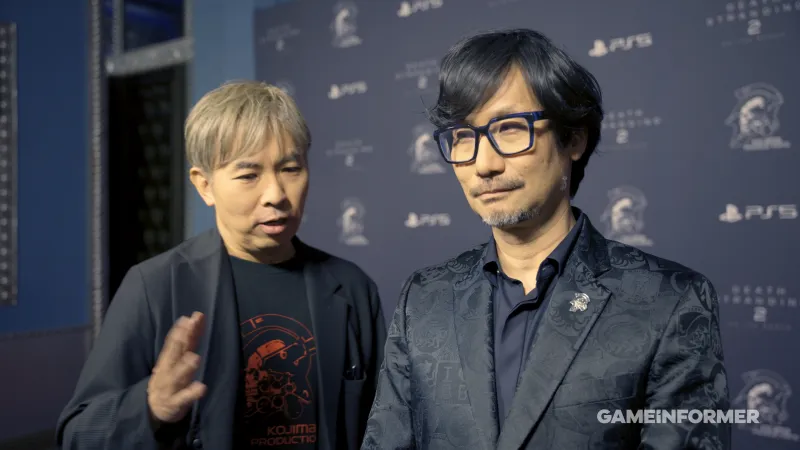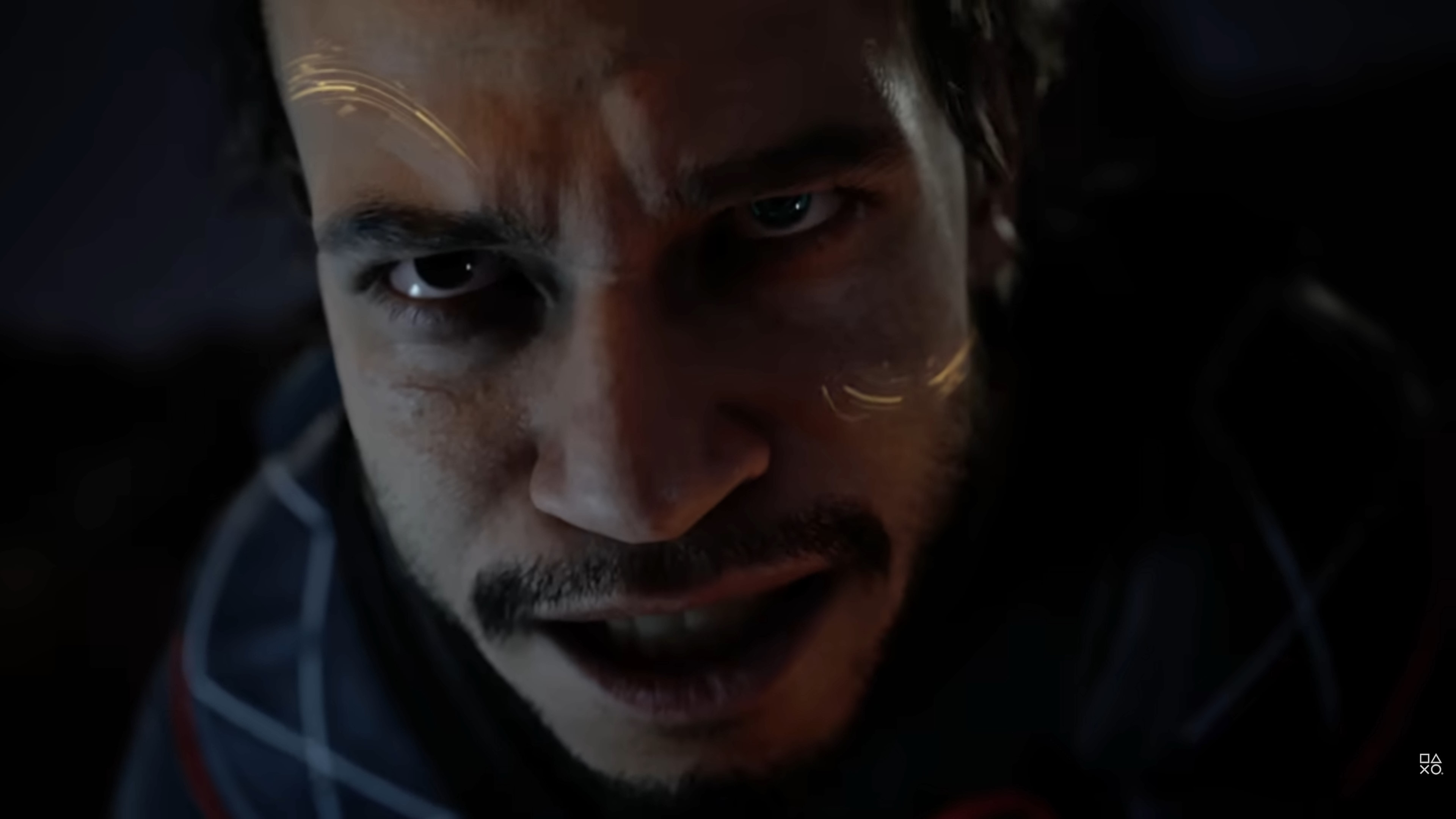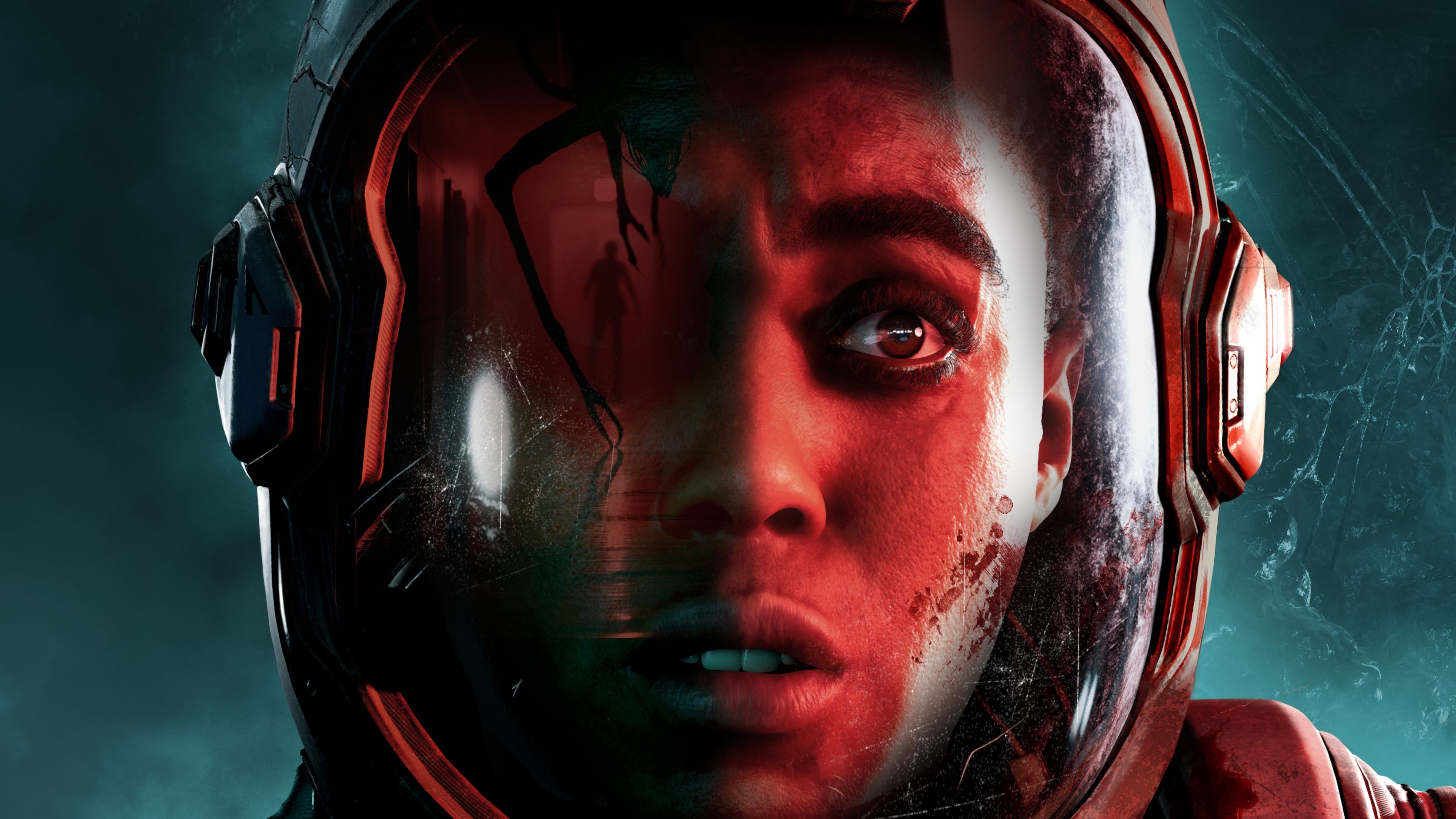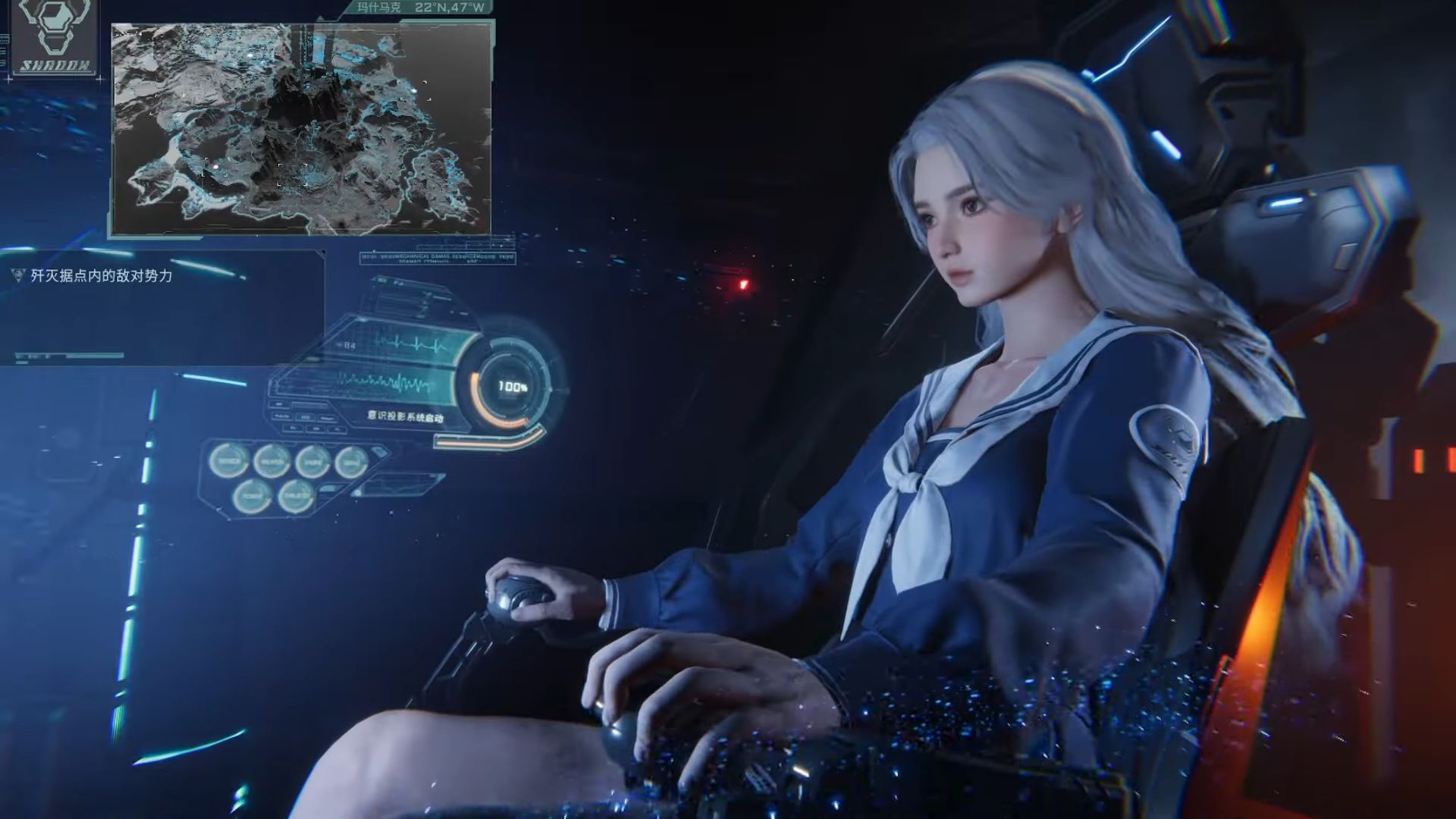
Clair Obscur: Expedition 33's Breakout Success Is Kicking Up Tired Arguments Over Turn-Based Games

Of the topics in constant rotation in role-playing discussions and forums, few have come up as often as turn-based games. The classic gameplay style of many RPGs has contended with more action-oriented systems for some time, and now Clair Obscur: Expedition 33 is restarting discussion over the direction of some genre titans.
Clair Obscur: Expedition 33 went live last week and is, by both IGN’s and many other accounts, an excellent RPG. It is unabashedly clear about its inspirations. There’s a turn order, Pictos to equip and master, zoned-out “dungeons” to crawl, and even an overworld map.
In an interview with RPGsite, producer Francois Meurisse said Clair Obscur was conceived as a turn-based game from the start, and pointed to Final Fantasy VIII, IX, and X in particular. Of course, there’s also Sekiro: Shadows Die Twice, which is where Clair Obscur: Expedition 33’s turn-based action takes after both FromSoftware’s games and the likes of Mario & Luigi: using quick-time events on attacks, and parrying / dodging on defense.
The result is a turn-based game that feels like a traditional turn-based game when you’re inputting attacks and crafting your strategy each turn, then like a more action-oriented game when you’re doing damage or defending against it. It’s a fascinating system that has, predictably, stirred up discourse.
Namely, social media users have taken the opportunity to point out Clair Obscur’s success as a counter-argument to long-held grudges over positions on turn-based games; namely, from the Final Fantasy series.
An easy example: Naoki Yoshida, while on the media tour for Final Fantasy XVI, talked about why Final Fantasy and RPGs have taken on more action-based mechanics over the years.
“I’m from a generation that grew up with command and turn-based RPGs,” Yoshida told Famitsu (via VGC). “I think I understand how interesting and immersive it can be. On the other hand, for the past decade or so, I’ve seen quite a number of opinions saying ‘I don’t understand the attraction of selecting commands in video games.’
“This opinion is only increasing, particularly with younger audiences who do not typically play RPGs.”
This thinking is reflected in the series, as Final Fantasy XV, XVI, and the VII remake series have all opted for more action-driven systems. Each has garnered their own share of fans and detractors.
And comments about turn-based games, and whether they connect with players, often come up in those moments. It’s easy to see how stalwarts might read Yoshida’s comments and hold a grudge, and now feel vindicated by Clair Obscur’s status as the hottest game on the block. Here is a turn-based RPG, inspired by the greats, wearing its inspirations on its sleeve, and thriving.
Any truth is, as always, a little more nuanced than just that. It’s certainly a little more nuanced than just, “Final Fantasy should do this.”
For one, Square Enix might have seen its Final Fantasy series head in a more action-oriented direction, but it certainly hasn’t dumped turn-based games wholesale. Octopath Traveler 2 was, in this writer’s opinion, one of the better role-playing games in the last few years, and the publisher has continued to roll out more turn-based RPGs, including SaGa Emerald Beyond and the upcoming Bravely Default remaster for Switch 2. While Final Fantasy may not be as turn-based as its SNES or PlayStation 1 days, it’s not like Square has done away with the format.
And if the question is whether Final Fantasy should imitate Clair Obscur: Expedition 33, or whether this is “Final Fantasy if it was good” or not, well, I’d have to agree with everyone replying with a resolute “nope.” Final Fantasy has its own aesthetic drives and iconography that a simple “replace X with Y” can’t really account for. While some comparisons between Clair Obscur and Final Fantasy are obvious, it’s also easy to note the differences. Reducing Clair Obscur down to “Final France-tasy” is fun wordplay, but it does a disservice to both what’s made Final Fantasy an enduring series, and what Clair Obscur: Expedition 33 has done to elevate itself above mere imitation.
This is, funny enough, not the first time we’ve done this. Those with some tingling soreness in their lower backs might recall discussions about Lost Odyssey and whether it was the “true” successor to Final Fantasy, over the series’ direction going into Final Fantasy XIII. Go back even further, and you can probably dig up conversations about whether Final Fantasy VII is truly better than Final Fantasy VI or not. As long as there have been two Final Fantasy fans on the internet, there have been arguments about Final Fantasy on the internet.
None of this is accounting for sales either, which were a driver for Yoshida’s aforementioned comments to Famitsu on Final Fantasy XVI’s direction.
“As I said, I believe I know the fun of command system RPGs, and I want to continue developing them, but I thought about the expected sales of Final Fantasy XVI and the impact that we have to deliver,” said Yoshida. The Final Fantasy XVI producer did not even rule out the possibility that the next Final Fantasy could use a command system; just that, at the time of the studio making it, Final Fantasy XVI was going to be the game it became.
And that’s an interesting point to watch, as time goes on. Clair Obscur: Expedition 33 has certainly been a breakout success for Sandfall Interactive and Kepler, garnering 1 million sales over three days. It’s a strong start, but Square Enix’s expectations for Final Fantasy are usually a bit higher.
The most tired part, still worth noting, is the idea that turn-based games might struggle to see success. We have seen breakout hits in the space; notably, Baldur’s Gate 3 and Metaphor: ReFantazio. While it’s easy to point at the tip of the iceberg to make a point, it is worth noting that we’ve seen these RPGs — which each take after classic role-playing elements in their own way — have garnered both acclaim and financial success.
So, ultimately, Clair Obscur’s success means a lot for the team behind it. It’s an encouraging project that, even as we get into discussions on its team size compared to what you expect, feels like a return of the scoped, scaled, mid-budget RPG alongside the likes of Visions of Mana or Ruined King. Whether its momentum carries it on higher, to the heights of something like a Baldur’s Gate 3 or Disco Elysium, is yet to be seen, but you can’t ask for a better start.
As for whether it signals some radical shift is necessary for Final Fantasy, I’m less confident. While Square Enix has said recent entries like Final Fantasy XVI and FF7 Rebirth’s profits did not meet expectations, that feels like a struggle shaped as much by broad shifts in the gaming landscape, as the cost of making major entries in huge franchises has not been a cheap endeavor. They’re taking a long time to make, too.
If anything, the lesson to take away is to be unapologetically authentic. Projects that imitate can struggle to break out from the shadows. It’s why I stressed earlier that for all the ways Clair Obscur wears its inspirations on its sleeve, it’s not wholly defined by its predecessors; its clever combat systems, incredible soundtrack, thoughtful world-building and scene direction all come from within, from the studio’s drives. To put it better, here’s Larian CEO Swen Vincke, recently discussing the “single-player games are dead” discourse that also pops up quite often:
“I think we’ve proven with [Baldur’s Gate 3] that you can put in a pretty high budget and expect pretty high results,” Vincke told GameSpot. As Vincke has stated several times over, you just have to make a good game, one that your creative team is excited to make. That seems like a constructive way forward for everyone, and one that doesn’t feel like reheating the leftovers of old internet discourse all over again.
Eric is a freelance writer for IGN.






